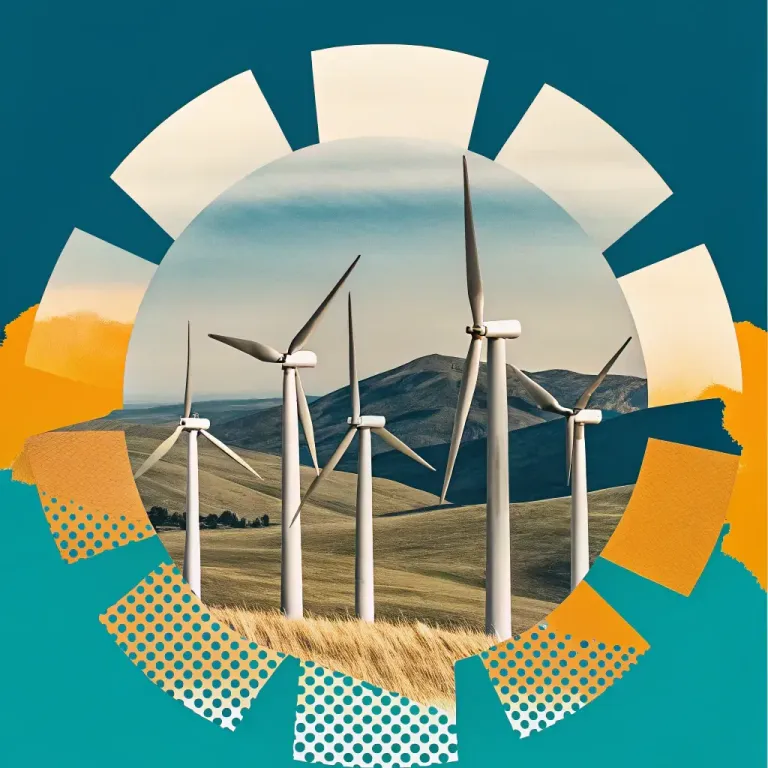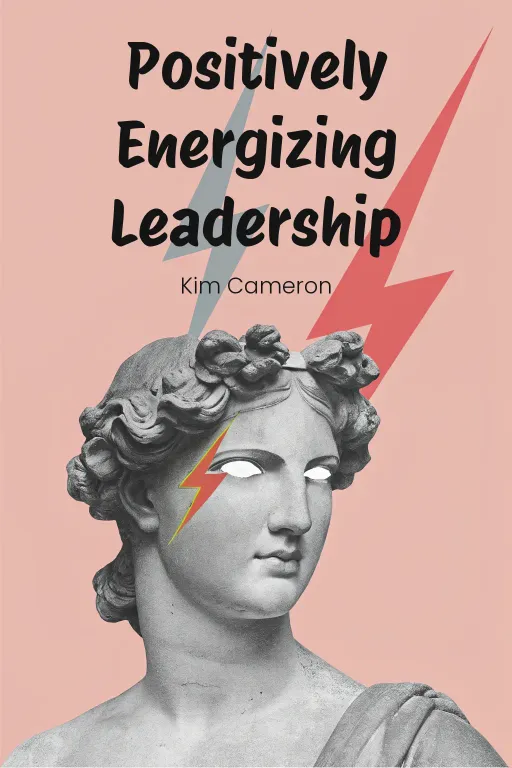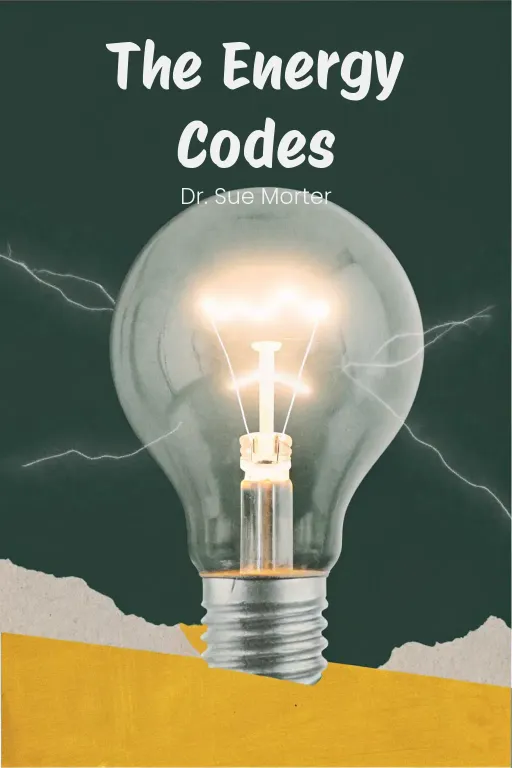
Team Energy: The Renewable Resource
Podcast by MBA in 5 with Roger
Virtuous Actions and Relationships That Create High Performance
Team Energy: The Renewable Resource
Roger: Ever leave one meeting feeling drained, yet another leaves you buzzing with ideas and energy? What if you could intentionally cultivate that positive charge to boost your entire team, especially when facing tough challenges? Roger: Here’s the core idea: focus on positive relational energy. Think of the heliotropic effect – how plants instinctively turn towards sunlight. Humans are similarly drawn to positive, life-giving interactions and leaders. This isn't forced cheerfulness; it's authentic connection. And the one thing to remember is this: Unlike your physical or mental energy which depletes, relational energy is a renewable resource that actually grows the more you invest in positive interactions. Giving it away makes you, and others, more energized. It’s a critical leadership skill. Roger: So, how does this work in practice? It starts by understanding that heliotropic drive. We are biologically wired to seek environments that energize us, impacting engagement, resilience, and performance. Recognizing this helps distinguish genuine relational energy, which fosters connection, from superficial positivity that often falls flat. This energy primarily comes from virtuous behaviors – actions rooted in integrity, trust, gratitude, and humility. These aren't just abstract ideals; they're the active ingredients. Research even shows infants prefer fairness and kindness, suggesting we're wired for virtue. Leaders embodying these traits become sources of positive energy, combating negativity bias. Roger: Now, what's fascinating is how this energy shows up. In one study mapping energy networks, junior employees were often identified as high energizers, while some senior leaders weren't. Your ability to energize isn't tied to your title, but how you make others feel. You can actively cultivate this. Start by identifying the 'positive energizers' in your network. Use tools like energy mapping or simply pay attention. Implement practices like shared gratitude journals or team shout-outs. Focus on contribution goals alongside achievement targets. Companies like Laureate and Saudi Telecom used these principles for remarkable turnarounds, proving positive energy directly impacts the bottom line through improved metrics and market cap. Roger: Why prioritize this? In a world of constant pressure, managing relational energy is a strategic imperative, not just a nice-to-have. This book provides a research-backed path to building resilient, innovative teams that thrive. Here’s your immediate action step: Think of one person on your team or network who consistently leaves you feeling more energized. Reach out today – maybe just a quick message – and specifically thank them for that positive impact. Acknowledge the energy they bring. Roger: That’s your MBA in 5. I’m Roger. Until next time, lead energized.









